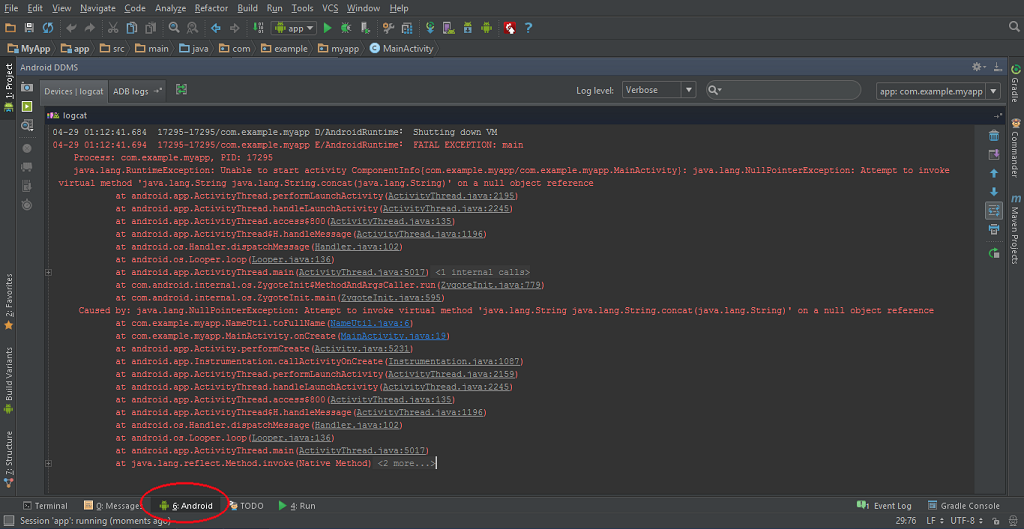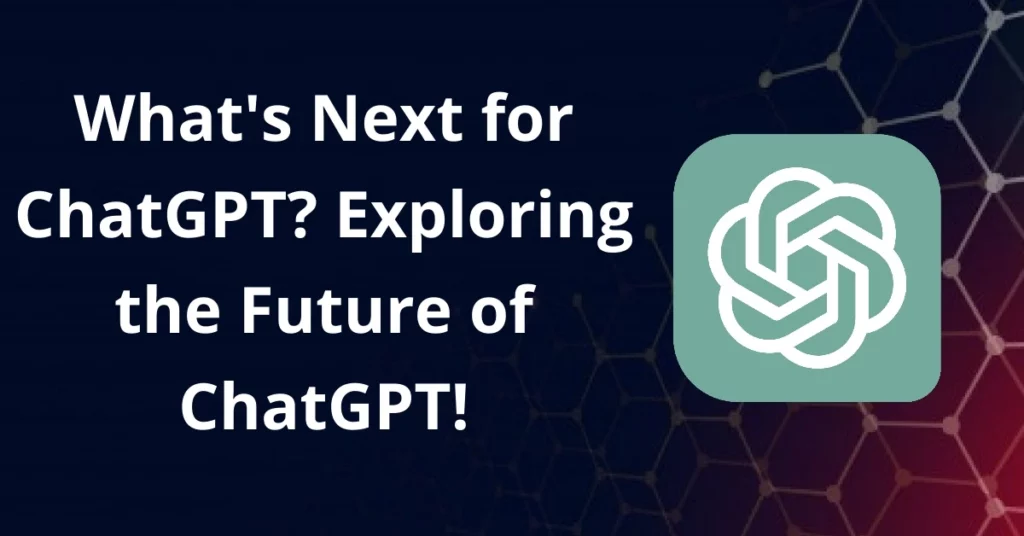In the world of AI, ChatGPT continues to lead discussions and search trends with groundbreaking updates and capabilities. As OpenAI’s flagship language model, It has evolved far beyond a simple chatbot. It has become a key player in natural language processing, powering everything from casual conversations to professional business applications. With each passing update, the capabilities of ChatGPT grow, prompting widespread searches on how to leverage this tool in new and inventive ways.
In this article, we’ll dive into the latest developments surrounding ChatGPT. Exploring what’s new and why it’s dominating search trends worldwide.
ChatGPT Expands Its Features: More Than Just a Chatbot
One of the main reasons for the surge in searches around ChatGPT is the model’s continuous expansion in features. What started as a conversational agent now offers a wide array of functionalities. OpenAI has been consistently releasing updates that improve the model’s capabilities in areas like creativity, coding, tutoring, and even assisting in research projects.
Code Writing and Debugging Made Easy
One of the most popular uses for it today is its ability to assist developers. The model is not only used for basic coding advice but is now helping professionals debug complex systems. Write entire code snippets, and even suggest optimizations. This has caused a significant uptick in searches for ChatGPT’s coding capabilities. As developers realize the power of AI in reducing their workload.
Many companies are incorporating ChatGPT into their development pipelines, which has led to searches around integrating the tool with other developer environments. Whether you’re using Python, JavaScript, or C++, ChatGPT can be customized to assist in writing, optimizing, or fixing code. This adaptability is fueling the continuous interest and demand for knowledge about its coding capabilities.
Creativity Unleashed: Writing and Content Creation
Searches related to ChatGPT’s creative writing features have surged in recent months, especially with the rise of AI in content creation. From writing blog posts to generating poetry and even assisting in screenplay development. The model has become an invaluable resource for writers looking to brainstorm ideas or generate high-quality content. Businesses and individual content creators alike are taking advantage of ChatGPT’s ability to produce coherent, engaging, and SEO-friendly text at scale.

OpenAI has integrated ChatGPT into various content creation platforms. Allowing users to automate some of the most time-consuming aspects of writing, like creating outlines or revising drafts. These updates have prompted a wave of searches on how to optimize ChatGPT for content creation, particularly in the marketing and creative industries.
ChatGPT Integrations: Broadening Horizons Across Industries
The power of ChatGPT isn’t confined to standalone applications. With its APIs and various third-party integrations, businesses across industries are incorporating this AI into their workflows. Search queries for ChatGPT integrations have spiked as organizations explore how they can streamline their customer support, product development, and even internal communication systems using the language model.
ChatGPT for Customer Support
Customer service teams are increasingly turning to ChatGPT to automate and improve their interactions with users. The AI’s ability to understand context, generate human-like responses, and learn from previous conversations makes it an ideal candidate for automating customer support tasks. It can handle everything from answering common queries to troubleshooting issues, significantly reducing response times and improving customer satisfaction.
Businesses are exploring how to best integrate ChatGPT with popular customer relationship management (CRM) platforms, like Salesforce or Zendesk, to create seamless AI-powered experiences. As a result, many searches are now focused on how to fine-tune ChatGPT to work efficiently in specific industries, particularly e-commerce and tech support.
ChatGPT in Healthcare and Education
Another area seeing increased searches is ChatGPT’s role in healthcare and education. The model is being used in healthcare settings to offer symptom checks. Provide answers to frequently asked medical questions, and assist in medical research. While ChatGPT is not a replacement for professional medical advice, its ability to process and provide quick answers makes it an important tool in initial consultations and information dissemination.
In education, ChatGPT has become a valuable tutor. Many students are now using the tool to assist with their studies, asking it to explain difficult concepts, summarize complex texts, or help solve mathematical problems. The rise in queries around how to use ChatGPT for learning shows the growing reliance on AI for educational purposes. With these capabilities, it’s clear why it has become a go-to tool for both teachers and students.
Ethical Considerations: Balancing Power with Responsibility
As ChatGPT grows in power and versatility, so do concerns about its ethical use. Queries regarding AI ethics and ChatGPT are on the rise, especially in relation to issues like data privacy, misinformation, and the potential for AI-generated content to deceive or mislead users. OpenAI has responded by increasing transparency around how ChatGPT is trained and used, but questions remain.
Addressing Bias in AI Models
One of the significant points of concern is bias within AI models. ChatGPT, like other machine learning models, is trained on vast datasets that inevitably reflect the biases present in the data. Users and developers are keen to learn how OpenAI is addressing these biases, and many searches focus on ChatGPT’s bias mitigation techniques. The company has introduced measures to reduce harmful outputs, but discussions around fairness and responsibility continue to drive public interest.
Responsible Use of AI in Automation
Businesses adopting ChatGPT are also facing ethical dilemmas around the automation of jobs. The more it takes on tasks traditionally performed by humans—like customer service. Content creation, or coding—the more questions arise about the future of work. Searches regarding ChatGPT and job displacement are on the rise as industries explore how to balance AI integration with workforce sustainability.
Future Developments: What’s Next for ChatGPT?
The pace of innovation at OpenAI shows no sign of slowing down, and searches around ChatGPT’s future developments are ramping up. Users are eager to know what’s coming next, and the possibilities seem limitless.

Multimodal Capabilities
One of the most anticipated developments for ChatGPT is its potential multimodal capabilities. This would allow the AI to not only process text but also analyze and generate images, audio, and even video. Integrating these different modalities could open up entirely new applications for ChatGPT, from enhanced virtual assistants to AI-driven content creation that spans multiple media formats.
Continued Improvement in Understanding Context
Another key focus area is improving ChatGPT’s ability to understand and maintain context over long conversations. While the model is already proficient in handling follow-up questions and contextual shifts. Future versions are expected to offer even more accurate and relevant responses in complex scenarios. Searches for contextual understanding in AI reflect this growing interest in how ChatGPT can become more intuitive and human-like in its interactions.
Personalized AI Experiences
OpenAI is also exploring ways to offer more personalized AI experiences. This means that users could have ChatGPT remember previous interactions or preferences. Allowing for a more tailored experience in both professional and personal applications. The potential for AI personalization has sparked a wave of searches from individuals and businesses alike. Eager to integrate more user-specific functionality into their interactions with ChatGPT.
A Quote to Consider
“Innovation distinguishes between a leader and a follower.” — Steve Jobs. ChatGPT continues to lead in the world of AI, consistently innovating and pushing the boundaries of what’s possible in natural language processing.
Conclusion: ChatGPT Continues to Redefine AI
As we’ve explored, ChatGPT is much more than a conversational agent. From coding and content creation to customer support and education. Its uses span across industries, shaping the way we work and communicate. Its ability to integrate into various business functions, paired with its continuous improvement, keeps ChatGPT at the forefront of AI search trends.
While there are ethical considerations to navigate, the potential for ChatGPT to revolutionize how we interact with technology is immense. As more features are introduced and capabilities expanded, the searches for ChatGPT will continue to surge. Reflecting our growing reliance on this powerful tool in the digital age.
